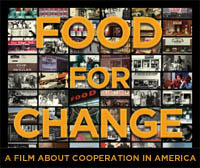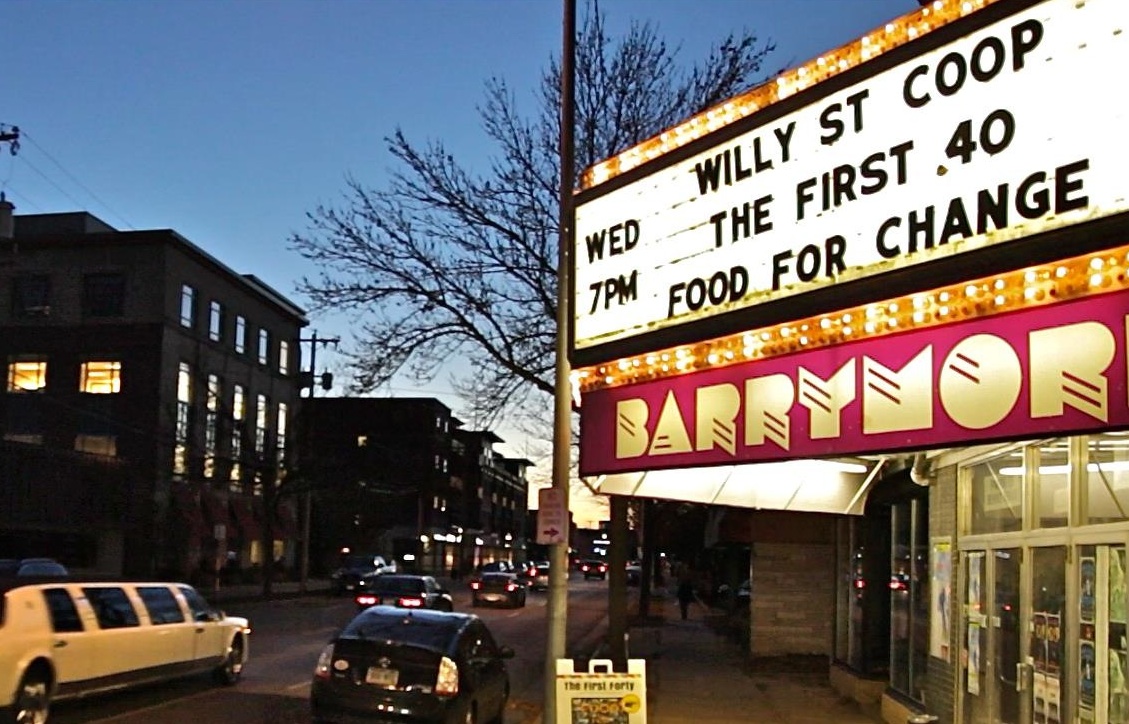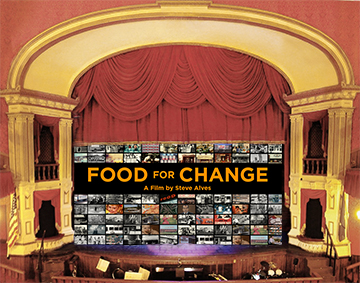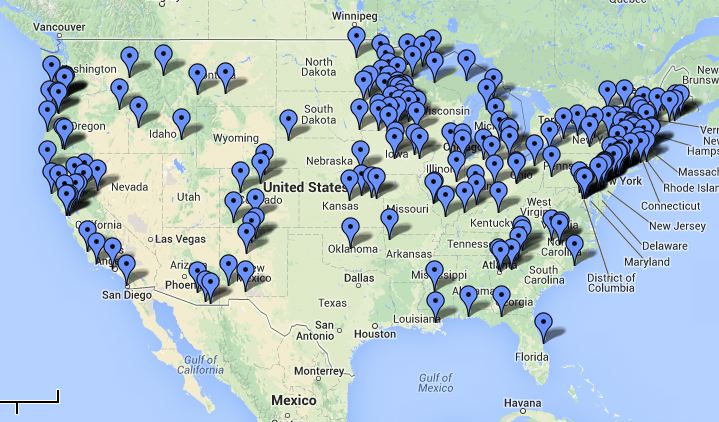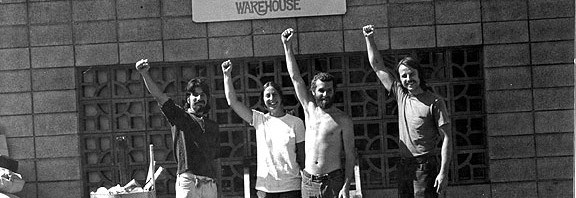Check out our bibliography below for books referenced in the making of our film, and download our annotated script from the film.
A summarized article about the history of co-ops can be found at Stronger Together, including a video about the Rochdale Pioneers, the first co-operative members in the world.
A thorough list of resources on the history of worker co-operatives in the US can be found at the American Worker Co-operative website.
All About Co-ops
Videos:
Stronger Together’s YouTube channel hosts a range of videos about food co-ops, buying bulk, recipes, and more.
What’s to Love About Food Co-ops? Stronger Together compiles recent data to show the impact food co-ops are making in the US.
A video about the Rochdale Pioneers, founders of the first co-operative in the world.
UN’s International Year of The Cooperative, 2012. A nice summary of co-operatives’ impact around the globe.
Food Politics
The issues surrounding our food system are broad and complex. Here are a few food-related topics making the news. Stay tuned for Food For Change original articles on some of these complicated stories.
The Honeybees’ Decline:
Several new findings have recently come out relating to the alarming rate of honeybee deaths in recent years.
“Smiting the Mite To Save The Bees” (NPR’s The Salt, April 30, 2014)
“World’s No. 1 Pesticide Brings Honeybees To Their Knees” (The Christian Science Monitor, May 9, 2014)
Want to Get Involved? “Saving The Bees: 13 Groups Buzzing With Solutions” (The Christian Science Monitor, May 2, 2014)
GMO Labeling:
Currently, 64 countries require GMO labeling. Some states in the US have passed laws to require the labeling of products containing genetically-modified organisms, but only if a certain number of other states pass similar legislation. Vermont is the only state to adopt such a law outright.
“Vermont GMO Bill Expected To Face Major Legal Challenges” (NPR’s Food For Thought, May 7, 2014)
Monocultures:
Agricultural breeders have been saying it for years; the less diversity we have in our animal and plant breeds that we depend upon for food, the more vulnerable we are to epidemics that can wipe out entire industries. This has been the argument for maintaining diverse species in our food supply, whether it be in turkeys, wheat, or apples.
“Bacon Prices Rise After Virus Kills Millions of Baby Pigs” (The Christian Science Monitor, April 8, 2014)
Bibliography:
Here is a partial list of the works cited during our research for Food For Change.
Bolles, Joshua K. The People’s Business: The Progress of Consumer Cooperatives in America. New York, NY: Harper & Brothers Publishers, 1942.
Cohen, Lizabeth. A Consumer’s Republic: The Politics of Mass Consumption in Postwar America. New York, NY: Alfred A. Knopf, 2003
Estabrook, Barry. Tomatoland: How Modern Industrial Agriculture Destroyed Put Most Alluring Fruit. Kansas City, MI: Andrews McMeel Publishing, LLC, 2011.
Furlough, Ellen & Strikwerda, Carl. Consumers Against Capitalism? Consumer Cooperation in Europe, North America, and Japan, 1840-1990. Cumnor Hill, England: Rowman & Littlefield Publishers, Inc., 1999.
Gide, Charles. Consumers’ Co-operative Societies. New York, NY: Alfred. A Knopf. 1922.
Hewitt, Ben. The Town That Food Saved: How One Community Found Vitality in Local Food. New York, NY: Rodale, 2010.
Kelly, Marjorie. Owning Our Future: The Emerging Ownership Revolution. San Francisco, CA: Berrett-Koehler Publishers, Inc., 2012.
Knupfer, Anne Meis. Food Co-ops in America: Communities, Consumption, and Economic Democracy. Ithaca, NY: Cornell university Press, 2013.
McMillan, Tracie. The American Way of Eating: Undercover at Walmart, Applebee’s Farm Fields and the Dinner Table. New York, NY: Scribner, 2012.
Nadeau E.G. & Thompson, David J. Cooperation Works! How People Are Using Cooperative Action to Rebuild Communities and Revitalize the Economy. Rochester, MN: Lone Oak Press, LTD, 1996.
Parker, Florence. The First 125 Years: A History of Distributive and Service Cooperation in the United States, 1829-1954. Superior, WI: Cooperative Publishing Association, 1956.
Restakis, John. Humanizing The Economy: Co-operatives in the Age of Capital. Gabriola Island, Canada: New Society Publishers, 2010.
Ronco, William. Food Co-ops: An Alternative to Shopping in Supermarkets. Boston, MA: Beacon Press, 1974.
Shermer, Michael. The Believing Brain: From Ghosts to Gods to Politics and Conspiracies – How We Construct Beliefs and Reinforce Them as Truths. New York, NY: Times Books, Henry Hold and Company, LLC, 2011.
Voorhis, Jerry. The Little People’s Chance in a World of Bigness. Danville, IL: The Interstate Printers & Publishers, Inc., 1975.
Warbasse, James Peter. Cooperative Peace. Superior, WI: Cooperative Publishing Association, 1950.
Wilson, Edward O. The Social Conquest of Earth. New York, NY: Liveright Publishing Corporations, 2012.
[boxparagraph]
“Chemicals, n: Noxious substances from which modern foods are made.”
~Author Unknown
[/boxparagraph]


